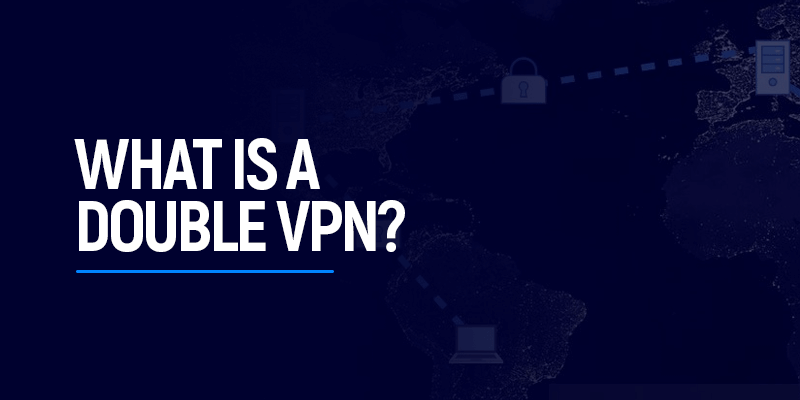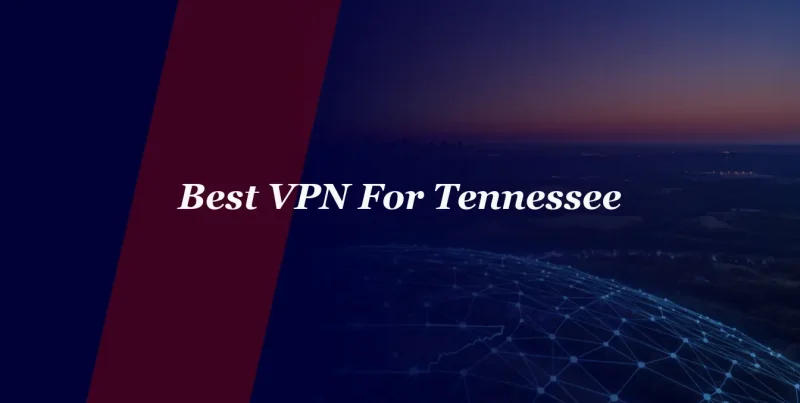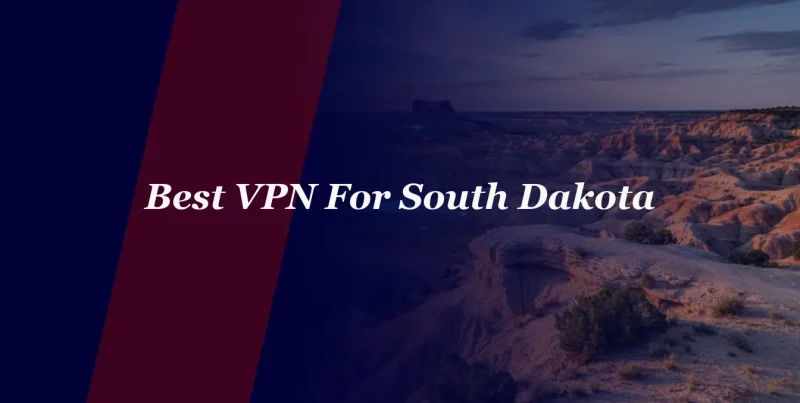What is a Double VPN? Some users might be a little confused with what it means, or how it should be used. This guide will highlight a clear explanation and whether or not Double VPN is necessary to use.
What is a Double VPN?
Do you know what a VPN is and how it works? A VPN in short is a software that creates an encrypted tunnel between your device and the internet. Everything you do online is encrypted and passed through that secure tunnel with connection to one of the VPN’s servers.
So, in short a Double VPN means double the encryption and security. A good VPN often operates using AES 256-bit encryption, but just because it offers a double VPN feature doesn’t mean the encryption will be double the amount. It just means your web traffic will be secured twice.
Double VPN was created for better anonymity for users who require extra privacy online. Yes, there are quite a different number of Double VPN’s, but all have one purpose – infusing two secure tunnels together to create a secure connection between your PC and the VPN itself. The second VPN layer (Double VPN) is mainly the secure connection between the two servers you’re connecting to.
Using two double VPN servers, your traffic gets masked and encrypted twice, passing it through two secure VPN tunnels. This way, your physical IP address gets blended in and hidden with two virtual IPs.
You might’ve not heard about Double VPN, but might’ve heard of other terms that all mean the same thing. A Double VPN is also widely known as Multi-Hop, nested, cascading, Double-Hop or chained VPN.
The nested Double VPN protection is by far the safest, and involves double the encryption on the end user’s device. There are times when your VPN provider doesn’t encrypt the data twice on the end user device and poses as a vulnerability considering that only a single layer of encryption is added. Apart from this, chained VPN or cascading is when you add more servers to the already linked double servers.
How does Double VPN work?
Double VPN means adding a second layer of protection, masking a user’s IP address and traffic behind two secure VPN servers. Here’s how it works for outgoing data:
- Once you connect to double VPN servers, your data is encrypted on the end user device and then is encrypted a second time after that.
- When all traffic or data is encrypted twice, it’s passed on to the first VPN server.
- Then the double layer of encryption is removed by the first server and the encrypted traffic is passed to the second server.
- Once the data is decrypted, it’s passed to the final service or website.
Is a Double VPN necessary compared to a regular VPN?
Using a VPN in general is necessary, it helps secure your data and give you the online privacy you require in countries with heavy censorship and surveillance laws. There are a few top VPN providers that offer the best security and advanced VPN tools, which are enough.
A Double VPN shouldn’t be used for those who just require basic VPN services, like maybe to access the US Netflix library. It does offer an extra layer of protection, but it’s not necessary if the VPN you use already offers the best for online protection and functional servers for streaming. Secondly, a Double VPN is said to decrease speeds even further compared to a single VPN server. If you still require Double VPN services, there are a couple top-grade and affordable VPNs that offer this service within their packages.
Best VPNs that offer Double VPN services
There are two VPNs that offer Double VPN within their packages. They’re both strong, affordable, and offer the best performance throughout. They are:
To conclude
In a nut shell, a Double VPN does offer double the security and encryption, allowing high levels of anonymity online, but it doesn’t mean it’s necessary for you to use. Especially if you’re main purpose is for streaming, using a Double VPN won’t be such a good idea, since it slows down speeds while using two virtual servers. Either way, there’s no actual harm in using it, but it always depends on your preference.







